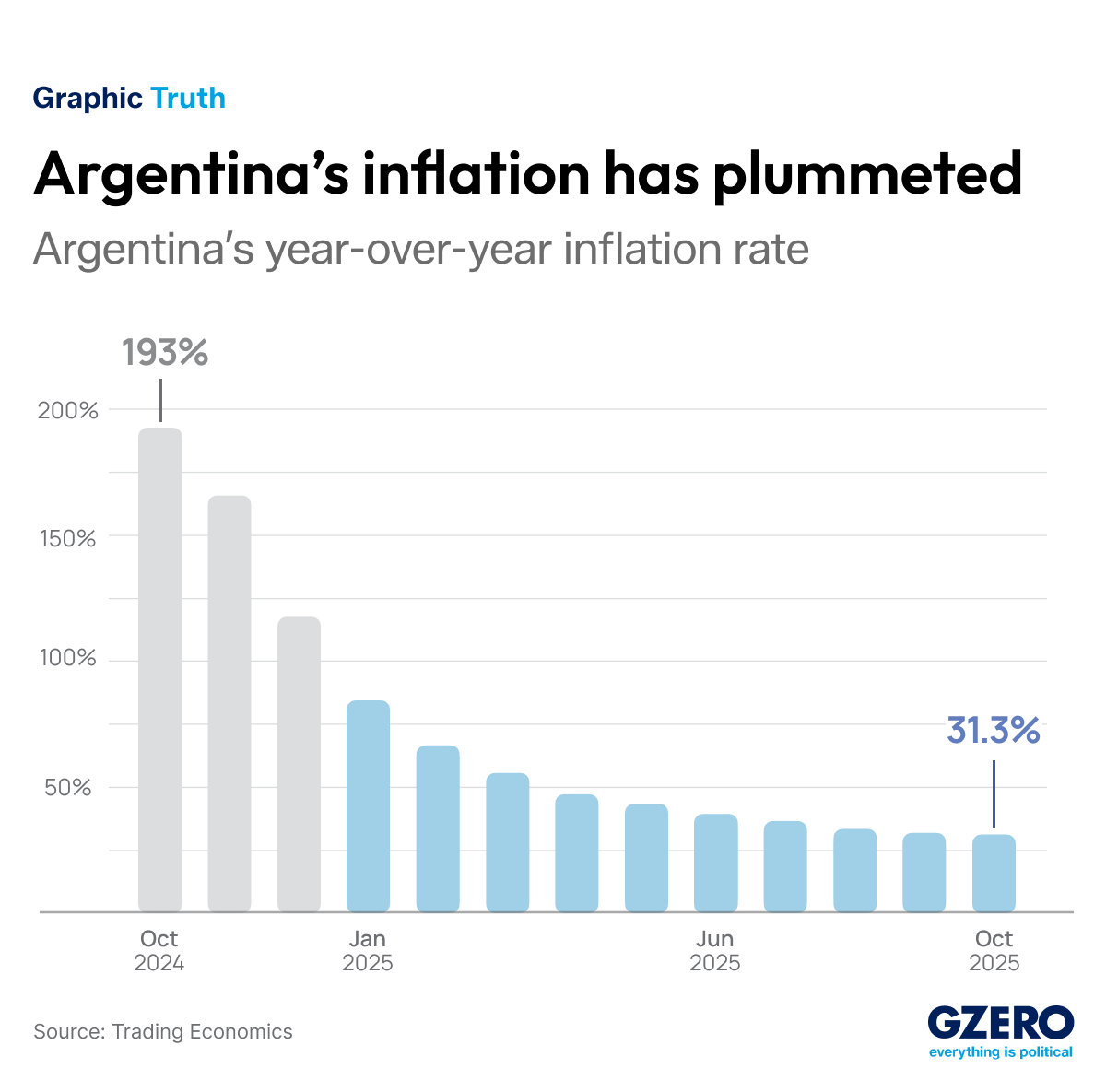67: Botswana's High Court struck down a law this week criminalizing gay sex. Some 67 countries around the world — including upwards of two dozen countries in sub-Saharan Africa — still have laws on the books that make homosexuality a punishable crime.
547: Over the span of 10 days, Iranian authorities closed 547 restaurants and cafes in Tehran for their failure to adhere to "Islamic principles." The Iranian police listed among the violations "unconventional advertising in cyberspace, playing illegal music and debauchery."
41: Forty-one of 77 districts in the former East Germany are expected to lose 30 percent or more of their working-age citizens by 2035 as birthrates have collapsed following the fall of the Berlin Wall. The lack of people, jobs and prospects has turned the region into a stronghold for the country's far-right, anti-migrant AfD party.
44.5: UK government bean-counters revealed this week that the British economy shrank 0.4 percent between March and April, driven by a 44.5 percent drop in car production as automakers shuttered factories in anticipation of Brexit. While Brexit is yet to come, its economic consequences are already here. Er, there.
